Mr. Dang Van Ut, Deputy Director of Tien Nong Cooperative, focuses on applying scientific and technological advances to cultivating his green-skinned grapefruit garden.
Vinh Vien commune is a heavily acidic land with many fallow areas, making it difficult to grow other crops besides pineapples. In 2017, the Center for Information and Application of Science and Technology of Hau Giang province (formerly known as Hau Giang province) chose this place to implement the project "Building a model to improve the productivity and quality of green-skinned grapefruit". At that time, many people thought that growing grapefruit here was impossible. However, scientists have accompanied farmers to prove the opposite.
The project brought nearly 50 farmers in the province to learn about growing green-skinned grapefruit at Sau Nhu Mot Company Limited, Tay Ninh province (old), then supported seedlings, fertilizers and biological products, organized training, "hand-holding", helping farmers master cultivation techniques. From here, Tien Nong Cooperative was born in Hamlet 2, Vinh Vien commune, with 21 members, growing 22 hectares of green-skinned grapefruit.
Green-skinned grapefruit trees in Vinh Vien commune now have a growing area code, meet VietGAP standards and become 3-star OCOP products. Enterprises have come to buy green-skinned grapefruit in large quantities, with stable prices of 25,000-30,000 VND/kg, peaking during Tet holiday when prices can reach 50,000-60,000 VND/kg.
Having been involved with green-skinned grapefruit trees since the early days, Mr. Dang Van Ut, Deputy Director of Tien Nong Cooperative, affirmed: “If there were no scientists to guide us on the techniques, we farmers probably would not dare to grow them. Now that we have grown them, we are addicted. Nowadays, agriculture needs to apply science and technology for sustainable development.” Mr. Ut has mastered cultivation techniques, from soil improvement, using organic fertilizers, biological products, flower treatment, fruit care, and fruit anchoring, helping grapefruit trees achieve productivity, high-quality grapefruit and long-term preservation. With about 1 hectare of more than 400 green-skinned grapefruit trees, each year Mr. Ut harvests over 10 tons of fruit.
Besides green-skinned grapefruit, soursop is also a fruit tree that has applied science and technology to cultivation effectively. Hoa My soursop cooperative, in My Phu A hamlet, Phung Hiep commune, has 91 hectares of soursop, of which 32 hectares are produced according to GLOBALGAP standards. Every year, the cooperative supplies more than 2,000 tons of soursop, with about 500 tons of frozen fruit, meeting domestic market demand and partly exported to the US.
This is the result of the Project “Building a model of applying science and technology to practice the value chain of soursop (Annona muricata L.) to meet standards” and other regular tasks according to functions. Not only guiding and training on techniques of cultivating soursop to meet GLOBALGAP standards, the tasks also transfer many technological processes for producing and processing products from soursop, typically soursop tea.
Mr. Phung Van Ro, Chairman of the Board of Directors and Director of Hoa My Soursop Cooperative, said: "In addition to the soursop tea products that have met local OCOP standards, we also process diverse products such as soursop jam and dried soursop to meet market demand."
Green-skinned grapefruit in Vinh Vien commune and soursop of Hoa My soursop cooperative, Phung Hiep commune are evidence of the close connection of the four parties "State - farmers - scientists - enterprises" in applying scientific and technological advances in production, processing, creating value chains for agricultural products, in line with the orientation of developing high-tech agriculture of Can Tho city. The city currently has more than 535,000 hectares of agricultural land, with diverse soil. Based on the typical and key crops of each locality, it is possible to increase the transfer of scientific and technological advances into production, promote regional linkages and form sustainable value chains.
Ms. Nguyen Thi Kieu, Deputy Director of the Center for Application of Science and Technology Advances in Can Tho City, informed: “We have researched and mastered more than 100 technological processes from breeding to cultivating, preserving, processing rice, sugarcane, fruit trees, medicinal herbs, associated with developing eco-tourism. We continue to maintain and are ready to transfer to farmers and businesses in the city, to spread scientific and technological advances, contributing to improving the local innovation index (PII) and promoting the city's growth”.
Article and photos: DANG THU
Source: https://baocantho.com.vn/ung-dung-tien-bo-ky-thuat-vao-trong-buoi-da-xanh-mang-cau-xiem-a188299.html


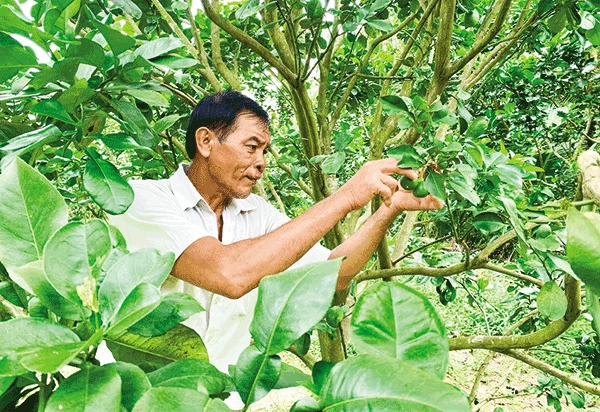


![[Photo] Explore the US Navy's USS Robert Smalls warship](/_next/image?url=https%3A%2F%2Fvphoto.vietnam.vn%2Fthumb%2F1200x675%2Fvietnam%2Fresource%2FIMAGE%2F2025%2F12%2F10%2F1765341533272_11212121-8303-jpg.webp&w=3840&q=75)



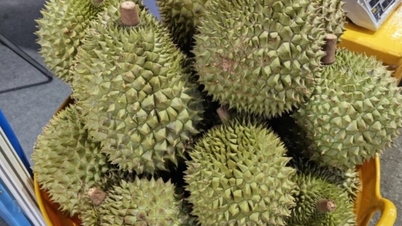





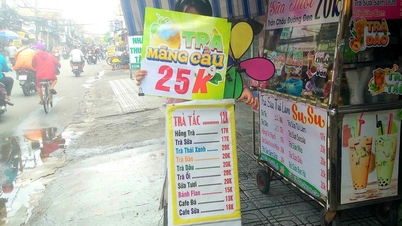



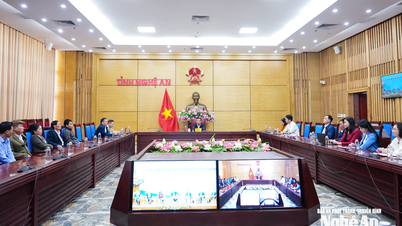




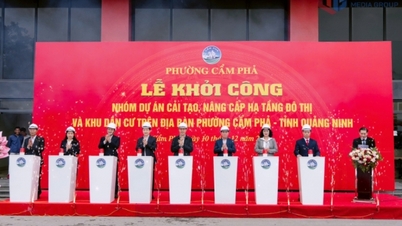









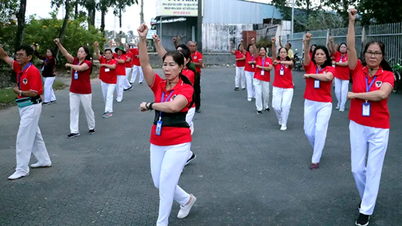
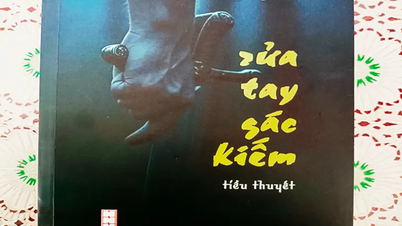
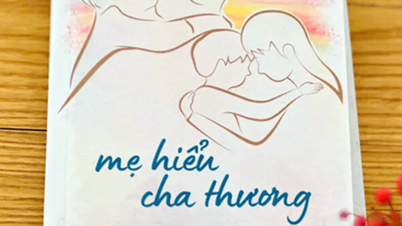





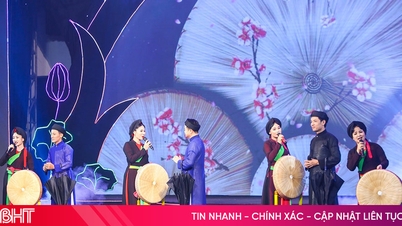

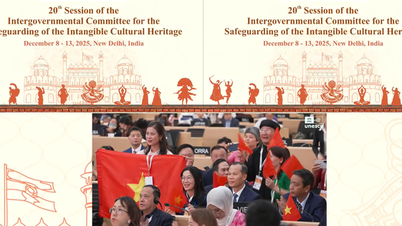

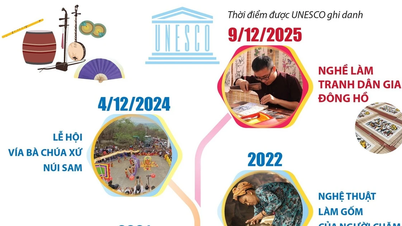

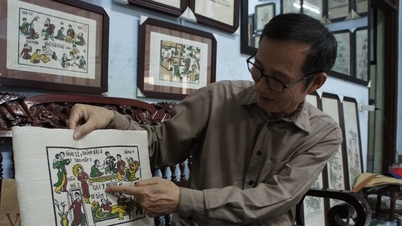




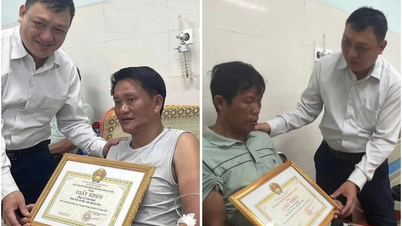

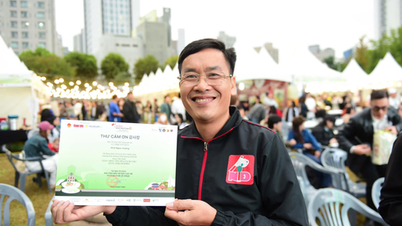

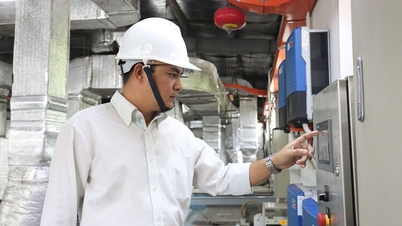





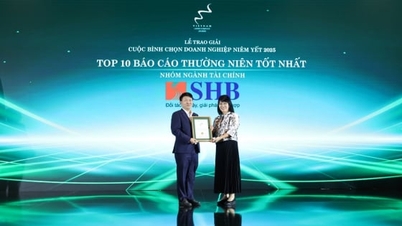



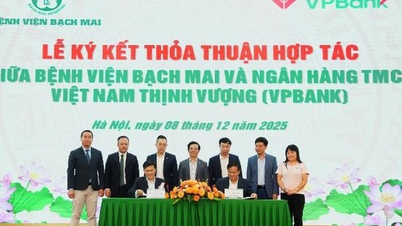







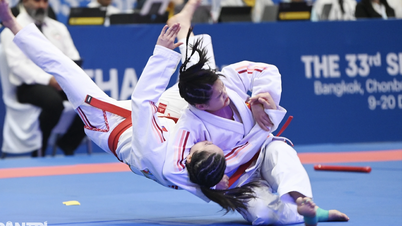
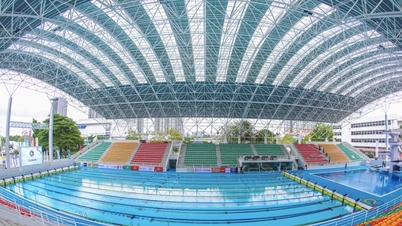
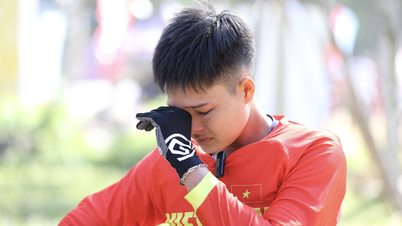

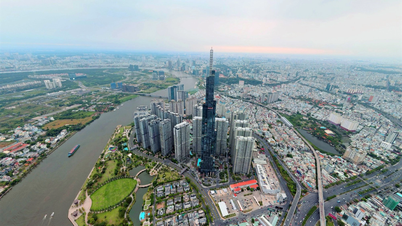
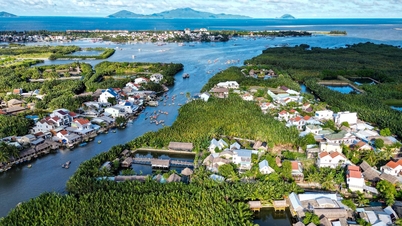



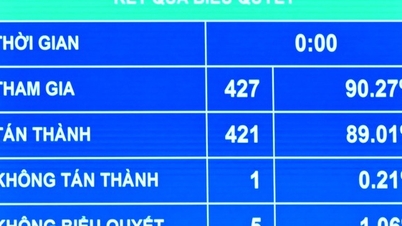

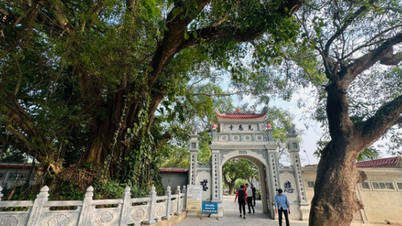
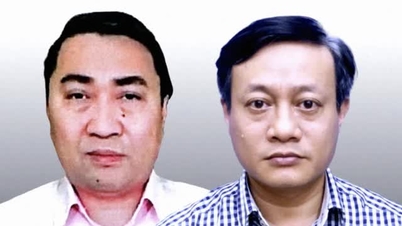


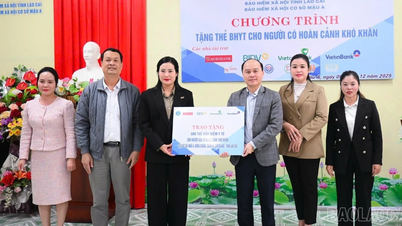



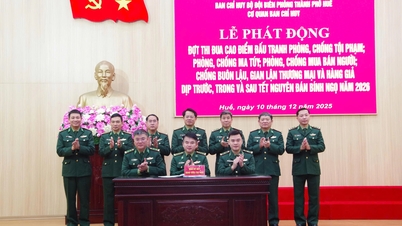




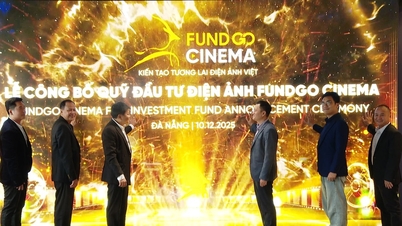

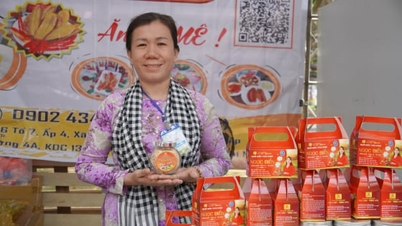

















Comment (0)